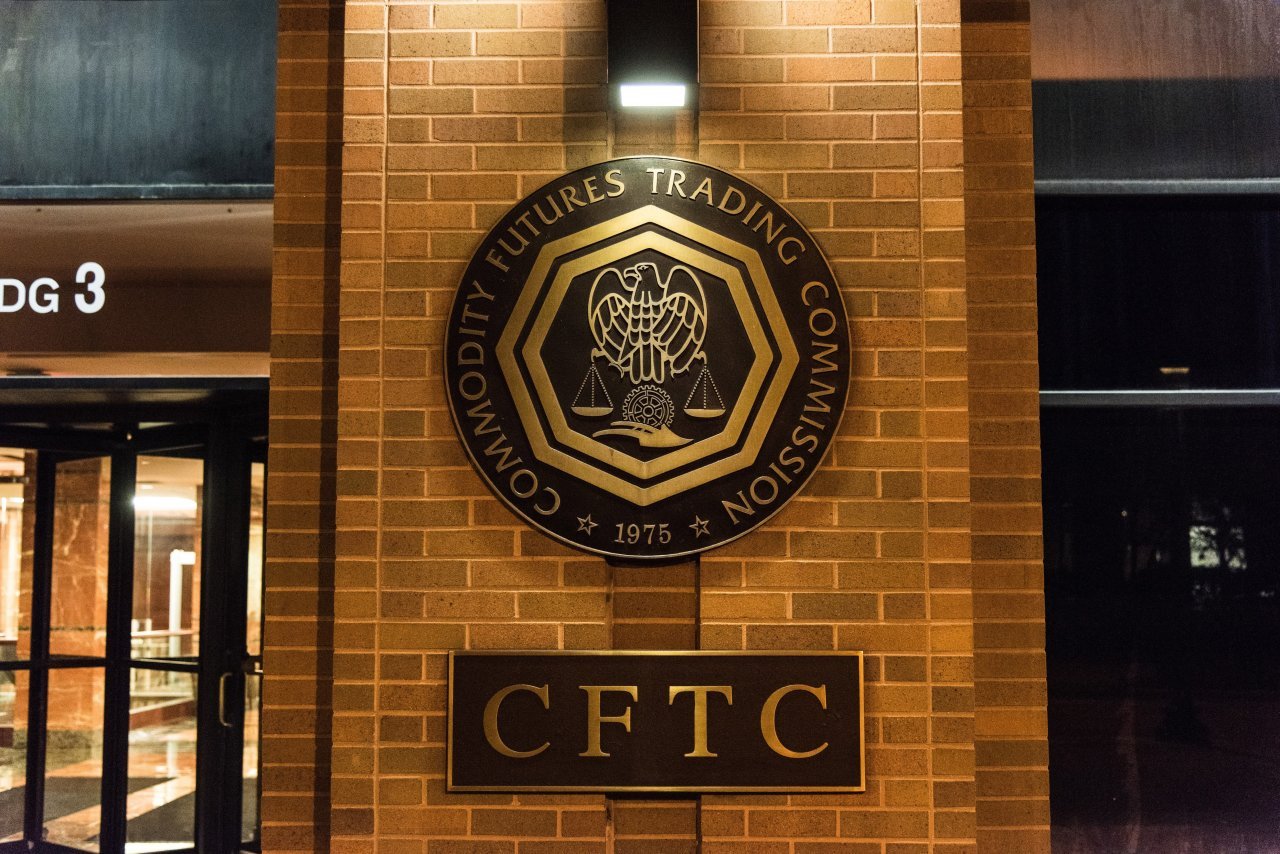CFTC Weighs Recognition of MiCA-Based Rules for Overseas Crypto Platforms


According to crypto reporter , the U.S. is actively considering whether to recognize overseas crypto trading platforms that comply with strict, crypto-specific regulatory frameworks such as the European Union’s regulation.
Acting CFTC Chair Caroline D. Pham announced this development in a recent industry speech on U.S. cross-border rules that could have wide-reaching implications for investors and the digital asset market.
What’s Driving the CFTC’s Move?
The current U.S. regulatory uncertainty and enforcement-led policymaking have forced talent and activity abroad. Many leading established European subsidiaries to benefit from MiCA’s clarity. Meanwhile, investors and international businesses view increased harmonization as essential for bridging fragmented global oversight and making compliance less costly.
The CFTC is exploring an innovative framework to let foreign crypto platforms serve U.S. customers, provided they follow recognized, robust rulebooks like the EU’s MiCA. Speaking to UK lawmakers, Pham said such recognition would build on long-standing Foreign Boards of Trade (FBOTs) rules that already allow regulated derivatives platforms to access the U.S. market.
Under current FBOT rules, international platforms may access U.S. traders if their home countries maintain standards comparable to American regulations. The CFTC’s latest proposal expands this to include venues authorized under frameworks like MiCA, potentially restoring volumes lost to offshore entities and offering U.S. investors fresh, regulated market access.
The and CFTC have also announced plans for greater coordination, with joint roundtables slated to harmonize product standards and data definitions later this month, further aligning the U.S. with global best practices on crypto markets.
Investor Takeaway
Why Would Recognizing MiCA Matter for Investors?
, enacted by the EU in June 2023, represents one of the world’s most comprehensive digital asset regulatory regimes. MiCA covers capital rules, transparency, retail protections, risk management, and anti–money laundering standards. The framework addresses many gaps in U.S. policy.
If CFTC provides recognition based on MiCA, U.S. traders could access platforms meeting these high bars, diminishing risks commonly associated with offshore platforms.
For investors, that could mean broader product choice, including spot and derivatives on global platforms, reduced compliance friction resulting from less need to “work around” domestic restrictions, and potential normalization of secure, legal access to “offshore” .
Investor Takeaway
What’s Next: Outlook and Risks
CFTC’s cross-border approach isn’t final, but the momentum is unmistakable. A recognition pathway based on MiCA and equivalent regimes could launch a new era of U.S. market access for global crypto platforms, spurring competition and innovation. However, international regulatory differences, technology-specific rules, and enforcement uncertainties persist.
The initiative viewks feedback on spot trading and tech-neutral rules, with enforcement priorities now focused mainly on major rather than amlargeuous compliance missteps.






